Tuesday, May 14, 2024
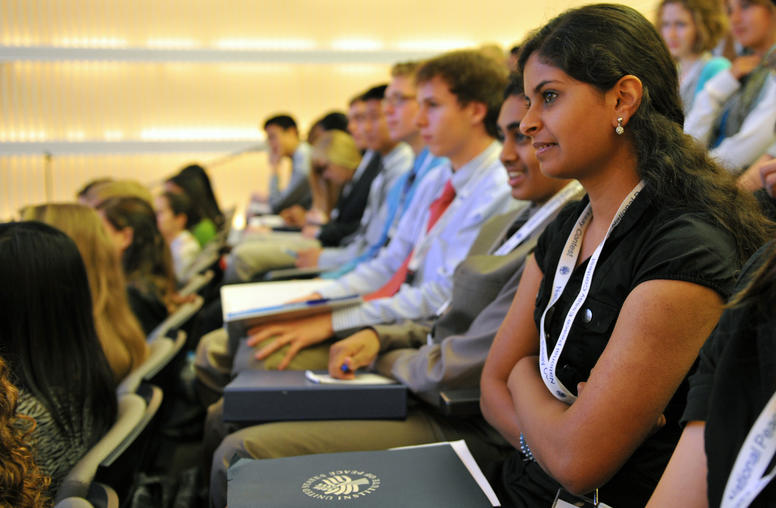
Taking Practical Ideas on Peace and Conflict to U.S. High Schools
At West Central High School in Hartford, South Dakota, the students in JoAnne Bohl’s history classes have learned about—and lived in—a world defined by war and violent conflict. Bohl, a part of USIP’s Peace Teacher program, wants students to think about conflict in new ways, and to cultivate their own potential to contribute to positive change around the world.
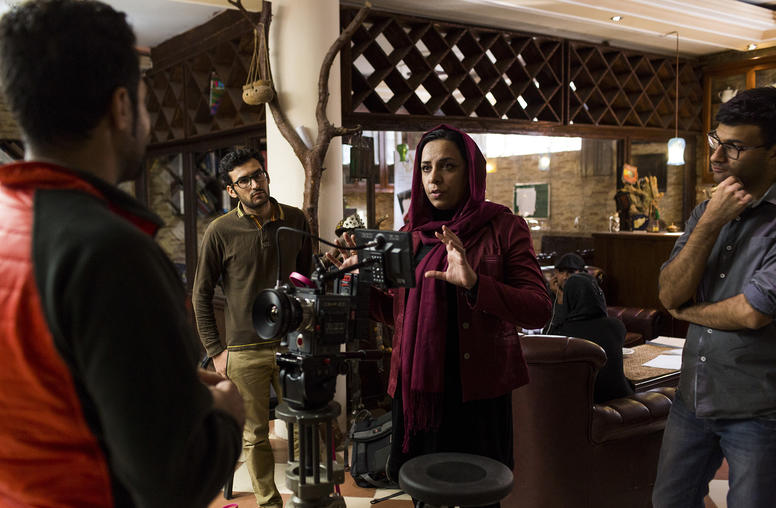
Afghan women have made real progress—just ask Roya Sadat.
A generation of women have grown up in Afghanistan since the Taliban regime was overthrown in 2001. Whether it’s in education, healthcare, culture or government, women have seen steady progress throughout Afghan society in the last 18 years. And those who have lived through the Taliban’s misogynistic rule, like Roya Sadat—the first Afghan woman film director and producer in the post-Taliban era—fear that all this progress could be discarded in a peace deal with the Taliban.
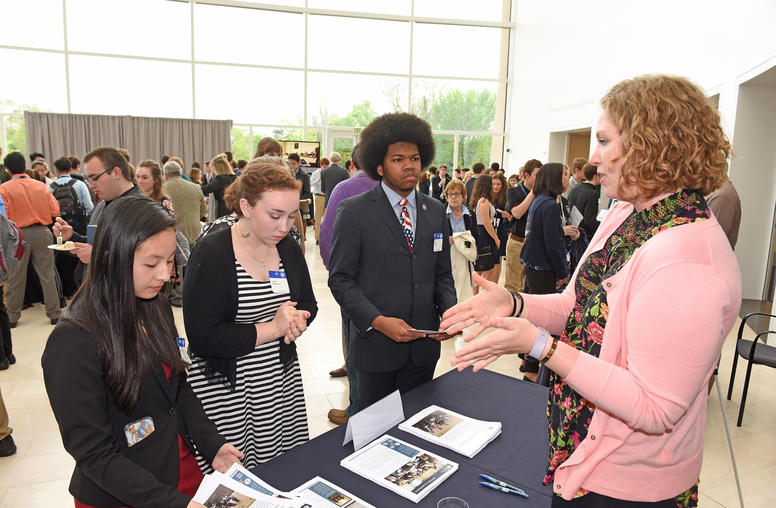
Connecting Local to Global in Tennessee
It’s been a busy spring for our national outreach, with USIP experts traveling to South Dakota, Alabama, Iowa and beyond. But, a recent trip to Tennessee was a real standout.
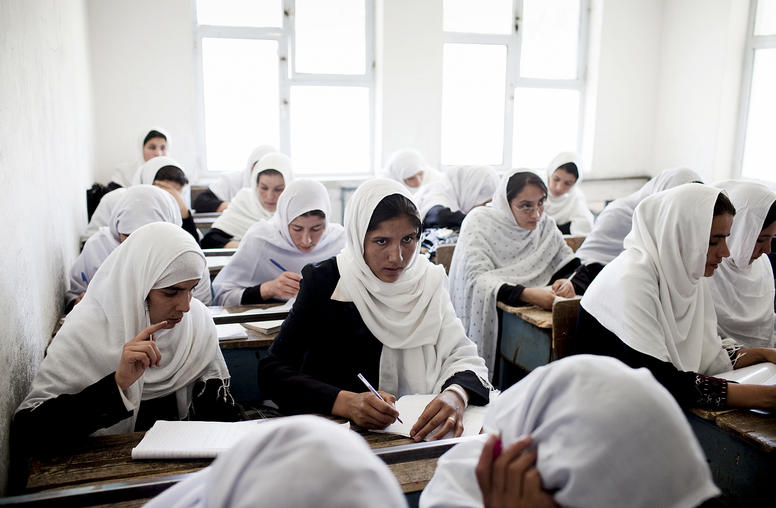
The Price of Peace in Afghanistan
While U.S.-Taliban talks have moved forward in recent months, intra-Afghan discussions—between the Taliban and the Afghan government—on the country’s political future have yet to even start. A conference scheduled to take place in Doha in mid-April could have initiated that dialogue but was postponed at the last minute over disagreements on who from the Afghan government list of delegates should attend and in what capacity. It was so last minute, in fact, that many planning on attending or observing—myself included—were already on flights to Qatar when the postponement was announced. Left out of negotiations to this point, what does Afghan civil society think about the peace process and the future of their country?
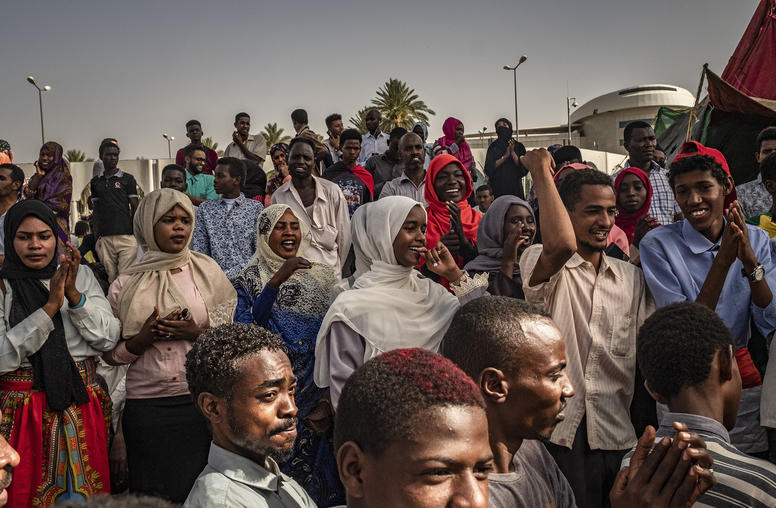
Not Just a Punchline: Humor and Nonviolent Action
In the span of a few weeks in April, two longtime North African dictators—Abdelaziz Bouteflika in Algeria and Omar al-Bashir in Sudan—were toppled by nonviolent movements. These successes further bolster what nonviolent theorists have long argued: nonviolent resistance is twice as effective as violence in achieving major political goals. Less understood and examined is the special, disarming role that humor can play in propelling nonviolent movements and defeating oppressive structures.
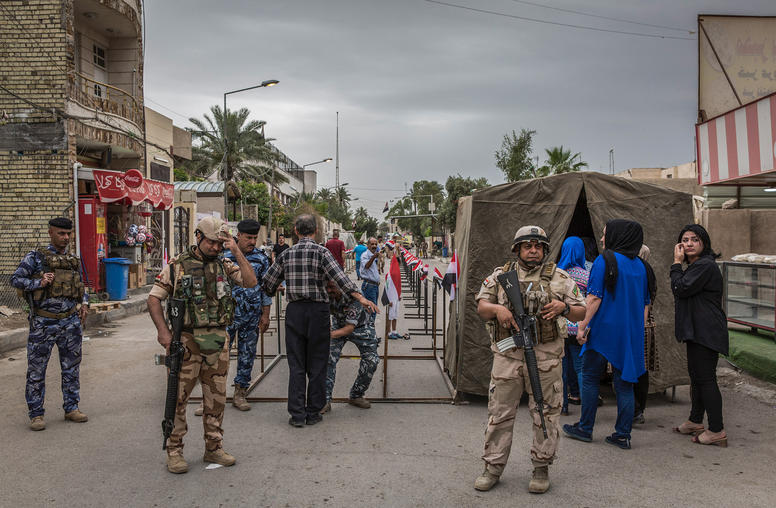
After ISIS, Stability in Iraq Requires Addressing its Fragility
It’s been more than a year since the territorial defeat of ISIS in Iraq, and the country has since made notable progress on several fronts, as I saw on a recent trip to Iraq. Concrete barriers known as t-walls are being removed from the streets, relations between Baghdad and Erbil have improved, and a more vibrant air permeates the streets of Baghdad. The peaceful election held last year was the fourth since 2005, marking an important milestone, with the formation of the new government almost complete.
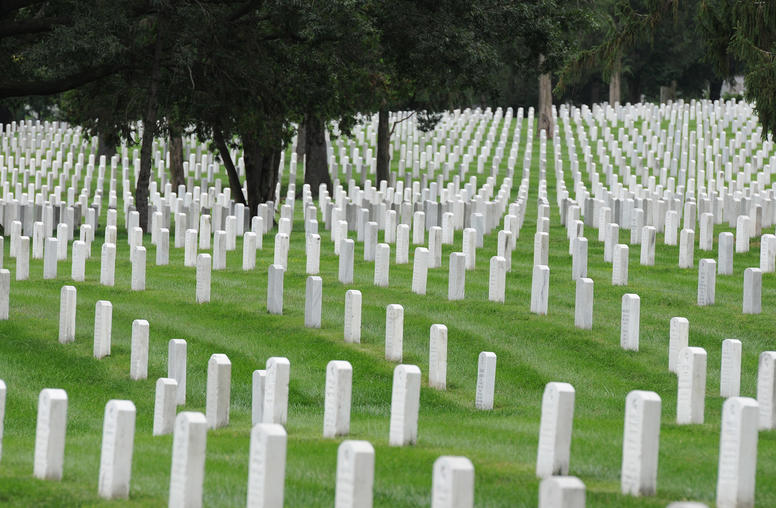
Honoring Sacrifice in War with Commitment to Peace
U.S. forces lost more than 100 soldiers killed over two years in Iraq’s “Triangle of Death,” south of Baghdad—until, with USIP, they helped usher in a 2007 peace accord among tribes in the region.
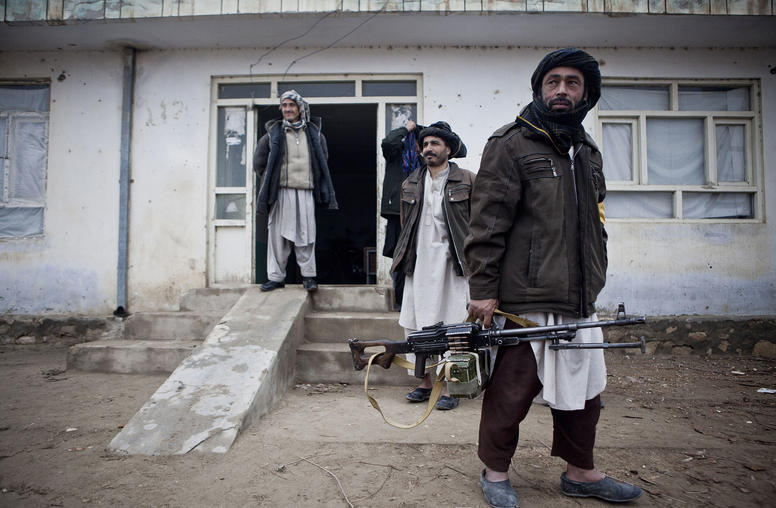
To Build Peace, Afghans Revive an Old Definition of Manhood
Across Afghanistan, Rafiullah Stanikzai has spent thousands of hours with young men, learning how 40 years of war has warped Afghans’ ancient culture and corrupted their notions of how, simply, to be a man. Stanikzai is working to reverse that change, because stabilizing any country from war requires not only political negotiations, like those between U.S. diplomats and the Taliban. Any sustainable peace must also change enough hearts and minds that a people can return to settling disputes without guns and grenades.
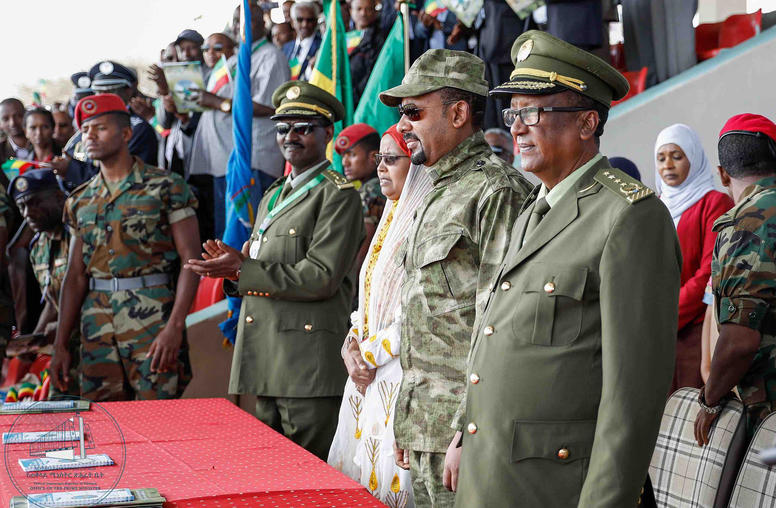
The Latest on Ethiopia: 3 Things You Need to Know
Last year, Ethiopian Prime Minister Abiy Ahmed’s efforts to enact political reforms and broker a peace deal with neighboring Eritrea ushered in new hope for the country. But recent political assassinations have raised questions over Ethiopia’s transition. Here are three things you need to know.
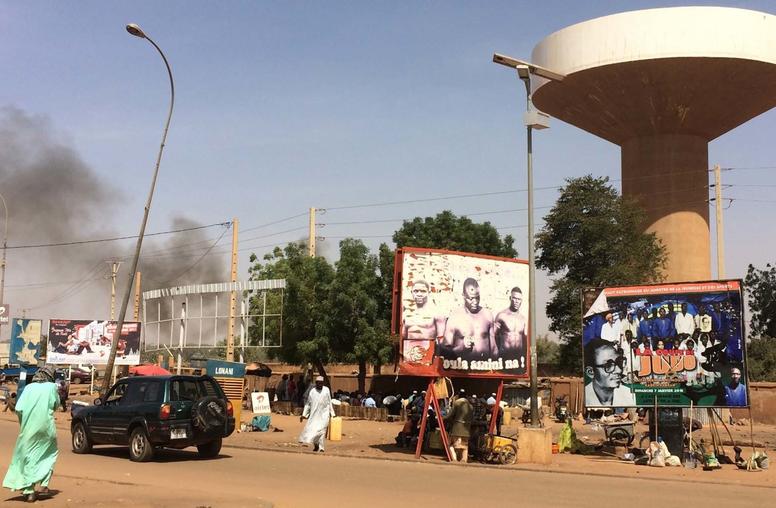
Amid Sahel’s Crises, a Community in Niger Builds Peace
The 135 million people of Africa’s Sahel region work with thin resources as they labor to stabilize their countries against layers of crises—extremist violence, the COVID pandemic and natural disasters. But in one of the world’s poorest regions and countries, a community in Niger’s capital city has united to produce what can seem like a small miracle of self-reliance. With the simple tools of community meetings, cellphones and voluntarism, a network of residents worked with police services and officials to help contain COVID, prevent violence, reduce crime—and even save residents from a disastrous flood.
